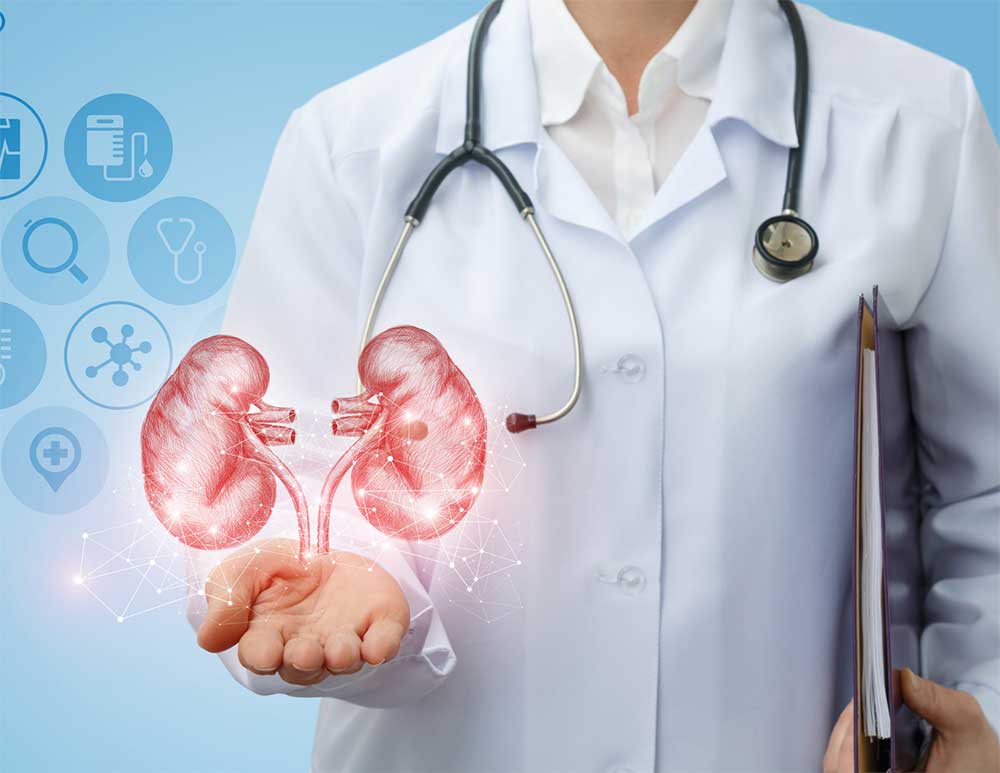We all must take care of our kidneys. They filter the blood throughout the body. They act as the waste disposal system of the body wherein they send unwanted products to the ureter and that passes out as urine.
We all have a pair of kidneys and if one is taken out, our body can still function but loses its function by 25%. Interesting right?
Each kidney has approximately a million tiny filters called nephrons. Because of this, you could have only 10% working, and yet you may not notice any symptoms or problems at all.
If blood stops flowing into a kidney, part or all of it could die. Thus, can lead to organ failure.
Quick Facts About the Kidneys
- The average kidney is as big as a cellphone.
- They control your body’s chemical balance
- They help keep your bones healthy
- Your risk for disease increases as you age
- Early infection often has no warning signs
Some Kidney Conditions
- Stones or Nephrolithiasis
- Minerals in urine form crystals (stones), which may grow large enough to block urine flow. It's considered one of the most painful conditions. Most stones pass on their own, but some are too large and need to be treated. - Chronic renal failure
- A permanent partial loss of how well your kidneys work. Diabetes and high blood pressure are the most common causes. - Cancer
- Renal cell carcinoma is the most common kidney infection related to cancer. Smoking is the most common cause of this cancer.
Some Treatments That Help Cure Kidney Diseases
- Antibiotics: Infections caused by bacteria are treated with antibiotics. Often, cultures of the blood or urine can help guide the choice of antibiotic therapy.
- Nephrectomy is a surgery to remove a kidney. Nephrectomy is performed for cancer or when there is severe damage to this organ.
- Dialysis is artificial filtering of the blood to replace the work that damaged kidneys can't do. Hemodialysis is the most common method of dialysis in the U.S.
What You Can Do To Take Care of Your Kidneys?
- Exercise regularly
- Control weight
- Follow a balanced diet
- Drink only in moderation
- Monitor cholesterol levels
- Get an annual physical check-up
- Know your family medical history
